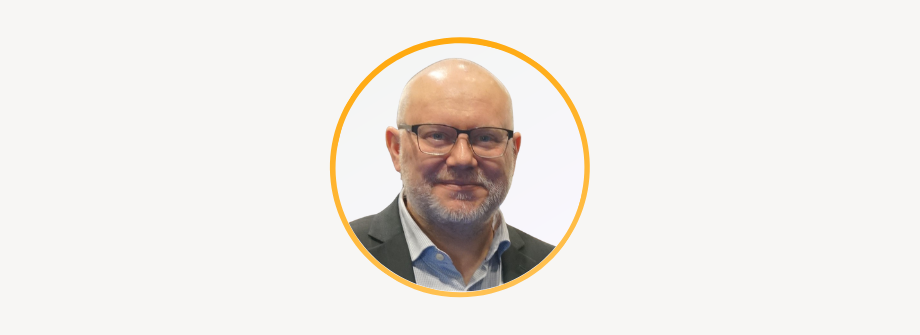
Inspectors are the backbone of JACIE; without them, there is no accreditation process. Becoming an inspector is a wonderful way to contribute to maintaining global quality standards. As the number of JACIE applications has increased, we are constantly looking for new inspectors to join our ranks. At the moment, we are particularly keen to hear of German, French and Spanish speaking Clinicians and Quality Managers.
Each month, you will have the opportunity to meet with one of our JACIE Inspector who will share his/her experience.
Read our interview with Olivier Urbain.
Introduce yourself and your role(s) and position(s) within EBMT and outside of EBMT
My name is Olivier Urbain. I’m a hospital pharmacist with a career strongly focused on quality, both in hospital settings and in the pharmaceutical industry.
I began working in hospital quality early in my career, before moving to the pharmaceutical sector, particularly in vaccine production, where I served as a Qualified Person (QP). This experience gave me a solid foundation in GMP, regulatory inspections, quality audits, and risk management.
For the past several years, I’ve returned to the hospital environment to focus on hematopoietic stem cell transplantation.
I currently work at Cliniques Universitaires Saint-Luc in Brussels as JACIE Quality Manager, responsible for both the clinical and collection activities in adult and paediatric programmes.
Since 2017, I have been a QM JACIE inspector and, in January 2024, I joined the Quality Managers Committee.
Why did you decide to become a JACIE inspector?
JACIE represents a demanding but meaningful quality framework, firmly anchored in patient care.
I wanted to go beyond my own centre and contribute to a broader European quality movement—learning from others, sharing experiences, and supporting the culture of continuous improvement.
I was encouraged by Dr. Phuong Huynh, a fellow JACIE inspector in apheresis, bone marrow collection, and quality management.
His passion and motivation were instrumental. I also want to acknowledge my former institution, Institut Jules Bordet, for their early support.
Being an inspector allows me to explore how other teams function, engage in rich professional exchanges, and return with new ideas that benefit my own centre. It’s a mutually enriching process.
What has been the most memorable inspection that you have ever done?
Every inspection is unique and brings its own share of learning, human connection, and teamwork—both with the local staff and the inspection team.
However, my first inspection in English, which took place in the UK, stands out. Until then, I had only worked in French.
Taking that step was a personal and professional challenge.
Surprisingly, working in English made some things easier, especially since the JACIE standards are written in English.
It helped avoid misinterpretations that can occur in translation. Beyond the language, it was enriching to see how another healthcare system interprets the same standards within its own context.
These moments remind us that despite organisational differences, we all share the same goal: delivering high-quality, safe care to patients.
What ‘keys to successful JACIE accreditation’ can you share with us?
In my experience, there are four key elements:
1. Collective engagement – it’s essential that all staff members feel involved and aligned.
2. Integration of quality standards into daily practice – not as paperwork, but as useful and lived tools.
3. Structured preparation – with clear gap analysis and realistic, monitored action plans.
4. Open communication – between clinical teams, collection, labs, pharmacy, and QA.
How has your career/work benefited from being a JACIE inspector?
Being a JACIE inspector has helped me grow professionally. It has broadened my perspective, allowed me to compare and reflect on our practices, and helped me build a strong network of like-minded colleagues.
Each inspection is also a benchmarking opportunity. I always come back with concrete ideas and inspiration to improve what we do at home. It brings perspective, energy, and meaning to my day-to-day work.
Do you have any tips or advice for anyone who aspires to become a JACIE Inspector?
Don’t wait to be an expert in everything. What matters most is your curiosity, rigour, and a respectful approach.
The inspector’s role is not to judge, but to engage as a peer.
Start by participating in internal audits, becoming familiar with the JACIE standards, and exchanging with experienced colleagues.
You’ll quickly see that you learn as much as you give—and it’s incredibly rewarding, both professionally and personally.